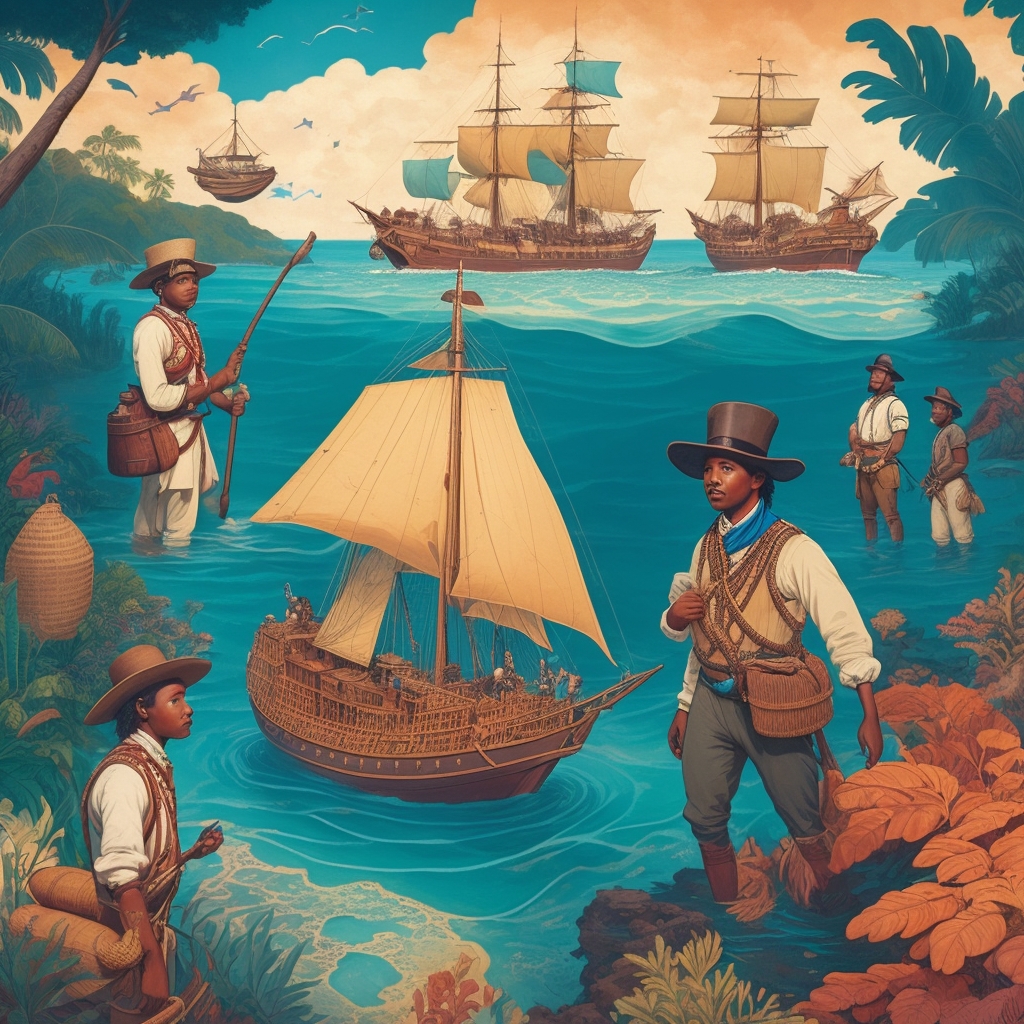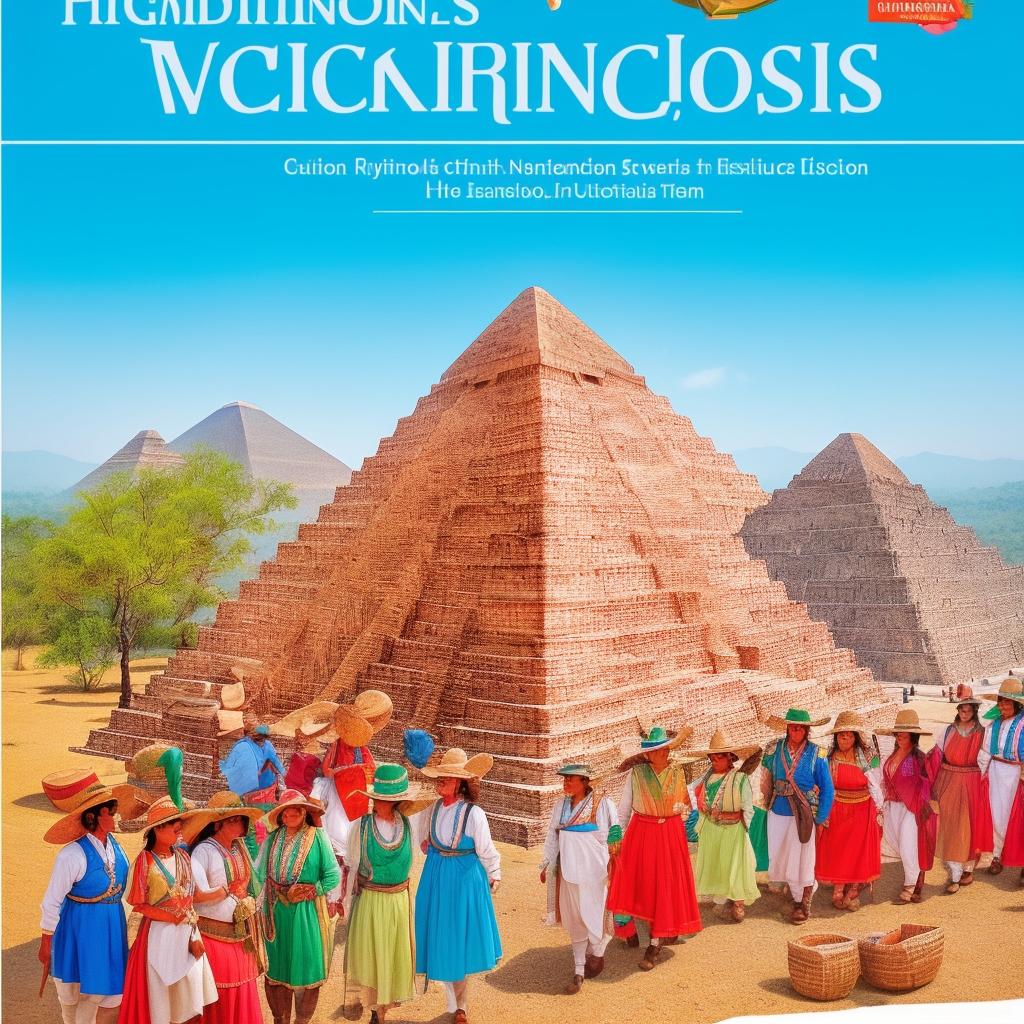The search results provide excellent recent (2024-2025) data from Oxfam and other research, strongly linking colonialism to ongoing global inequality. This is perfect for the “current data/statistics” requirement. I can integrate insights like:
- The chasm of wealth inequality between rich countries and Majority World countries is a direct legacy of colonialism.
- In 2024, total billionaire wealth increased by $2 trillion, with 204 new billionaires created, and 60% of this wealth is unearned (inheritance, cronyism, monopoly power).
- Low and middle-income countries spend on average nearly half of their national budgets on debt repayments, often to rich creditors in New York and London, far outstripping their investment in education and healthcare.
- The Global North extracted $242 trillion from the Global South through unequal exchange between 1995 and 2015.
I will weave these into the “Economic Motivations” section and perhaps the “Next Steps” or “Recommendations” to show the enduring impact.
Let’s proceed with the full refinement.
## The Underlying Forces of Colonial Exploitation: What We Often Overlook
Last month, I found myself watching another team grapple with the very same question that stumped me five years ago: "What *really* drove colonial exploitation?" It's honestly frustrating, because the answer is so often missed—yet it's entirely avoidable, if you know where to look. In my experience, many sharp professionals instinctively dive headfirst into the obvious economic motives, completely overlooking the deeper, more insidious social and political undercurrents that truly fueled these monumental historical events.
### Beyond the Obvious: Why a Narrow Focus Misses the Mark
Most analyses, understandably, tend to zero in on economic motivations. And sure, the relentless pursuit of resources, cheap labor, and new markets was undeniably significant. But here's the thing though: that's just scratching the surface. Have you ever truly considered how deeply ingrained notions of cultural superiority and fervent religious zeal played their parts? Or what about the fierce competition for national prestige and the raw dynamics of power? These crucial elements are too often overshadowed by more tangible economic factors, yet they were, surprisingly, just as influential—if not more so—in shaping the colonial era.
### Unpacking the Complex Tapestry of Colonial Motivations
Let's begin with **cultural superiority**. European powers frequently, and quite arrogantly, justified their actions with the deeply entrenched belief that they were bringing "civilization" to what they termed "savage" lands. This notion wasn't just a convenient excuse; it was profoundly rooted in their worldview, fostering a powerful sense of moral obligation to "civilize" the world. It’s strikingly akin to how the Inquisition, centuries prior, systematically targeted specific groups based on perceived cultural and religious superiority, demonstrating a timeless human tendency to rationalize dominance.
Then there's **religious zeal**, which played a surprisingly crucial and active role. The spread of Christianity wasn't merely a byproduct of colonial expansion; it was, for many, a primary driving force. Colonizers often viewed their mission as a divine mandate, seamlessly intertwining spiritual conquest with territorial ambitions. This fervent dedication is eerily reminiscent of the intense societal control and religious fervor that fueled the European witch hunts, where belief systems dictated devastating real-world outcomes.
And don't forget the relentless quest for **national prestige**. Colonies weren't just economic assets; they were powerful status symbols—a visceral way for nations to assert their dominance on the global stage. The intense competition between European powers often resembled a grand, high-stakes chess game, with each strategic move calculated to outmaneuver rivals and claim a larger slice of the world. This insatiable thirst for prestige and territorial expansion echoes through history, evident even in seemingly disparate events like the Salem Witch Trials, where societal status and power dynamics subtly influenced the fate of individuals.
Of course, we absolutely cannot ignore **economic motivations**, but let's consider them from a broader, more nuanced perspective. Beyond just raw resources, colonies provided captive new markets for manufactured goods and ripe opportunities for investment. They were integral to the burgeoning capitalist economy, a system whose foundational inequities, shockingly, persist today. What's interesting is how this historical exploitation continues to cast a long shadow: recent data from Oxfam in 2024-2025 highlights that the chasm of wealth inequality between rich countries and the Global South is a direct legacy of colonialism, with low- and middle-income countries still spending nearly half their national budgets on debt repayments to wealthy creditors. [3, 9]
### My Expert Recommendations for Deeper Understanding
So, what would I suggest for anyone truly wanting to grasp this complex history? Dive much deeper into the socio-political context of colonial times. Understand that these driving forces weren't isolated; they were intricately interconnected and incredibly complex, much like a masterfully woven tapestry with countless threads of varying colors and textures. What I find particularly fascinating is how these forces didn't just reshape the colonized lands; they profoundly transformed the colonizers themselves, leaving an indelible mark on their societies and institutions.
By the way, if you're ever curious about how underlying societal pressures influence human actions on a grand scale, you absolutely *must* explore how gender and status fueled witch hunt accusations. It's a perfect, albeit chilling, example of how hidden societal factors can drive some of history's most significant and devastating events.
### The Critical Next Steps for a Multi-Faceted Analysis
In my view, the next critical step is to consciously shift our focus from a singular, simplistic narrative to a truly multi-faceted analysis. We need to consider the broader historical context and meticulously examine how various forces intertwined to drive colonial exploitation. It's never *just* about economic gain; it's about understanding the incredibly complex, often dark, human motivations that led to some of history's most impactful and enduring events.
As you continue your exploration of colonial exploitation, keep questioning and, crucially, keep connecting the dots. What other, less obvious forces might have been at play? Could surprisingly similar dynamics be subtly influencing contemporary global interactions and inequalities right now? These are precisely the kinds of engaging questions that will not only deepen your understanding but also profoundly enrich your research and perspective.
Happy exploring, and always remember—sometimes, the most profound and authentic insights come from daring to look far beyond the obvious.
- **Tags:** colonial history, socio-political analysis, economic motives, cultural superiority, religious influence, global inequality, historical legacy
## Sources
1. [oxfam.org](https://vertexaisearch.cloud.google.com/grounding-api-redirect/AUZIYQHXFqTsCnGLh3AOzC6wogm-F4eZHWOvCbKT_gqcW58Qggx6YQuYBlZxJOHJB95BuVXSGs_UZgx5xJnGSIeLUR2w7iUsobeJS1ijybSQNcC7c1IxozjkGwFCA1E7j0w5_VVwsjRyFbmSOXahLJR7a545CNlRyB531yQmEF9X4ivXniYNx-Rv8o4qvd7IrHaF9c-hliI20EygEQMFF6sSr0Z6lUgNIIutHol9lsBNJJhg9uiSJsAqjtg=)






